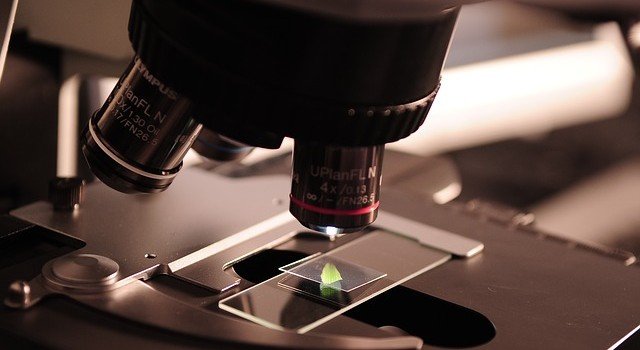The High Court of Australia has unanimously ruled that a variation of a gene that has been linked to an increased risk for cancer is not allowed to be patented.
The court case was filed by 69 year old pensioner Yvonne D’Arcy who lives in Queensland. D’Arcy took United States company Myriad Genetics to court over its patent regarding mutations in a gene that carries an increased risk for both breast and ovarian cancers.
D’Arcy lost twice in the lower courts of Australia before having her appeal granted by the country’s highest court. The court ruled that a gene could not be patented under the law.
The decision made by the court was based on the fact that even though the isolated gene was a product of human action, the information that was stored in the DNA of the gene was a product of nature, and products of nature that do not require human action to be brought into existence and therefore cannot be patented.
The pharmaceutical and biotechnology industries have been working against this kind of logic for years. The argument that genes should be allowed to be patented suffered a critical blow in 2013, when the Supreme Court of the United States denied Myriad Genetics patents on similar genes.
Pharmaceutical and biotechnology companies were hopeful that successfully patenting the gene in Australia would preserve the idea that isolated genes could be legally owned by a company.
With the recent ruling in Australia, it is now highly unlikely that judges throughout the world will allow genes to be patented.
The result will likely save thousands of lives, as without patents, companies will not be able to prevent other companies from conducting their own tests for the genes. Before the ruling, companies such as Myriad Genetics were able to charge thousands of dollars to test the genes of patients to determine their risks for certain illnesses.
Many of these patients were unable to afford the tests, and they passed on receiving them. As a consequence, these patients most likely did not take necessary steps to reduce their chances of developing dangerous illnesses. Some of these patients inevitably developed diseases that they were unaware that they were at high risk for developing, and they likely died as a result.
The ruling in Australia opens the door for new companies to enter into the gene testing market, which should lower prices. Additionally, with more companies involved in genetic testing, it is more likely that major medical innovations will occur.
Stay Connected